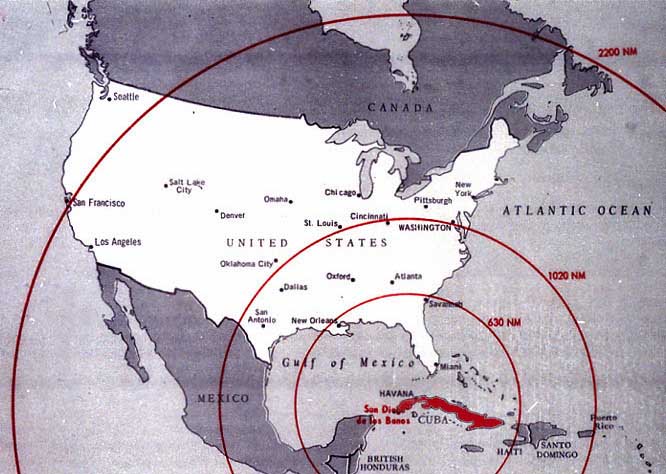Understanding North Korea
August 4, 2009
My last email provided some alternative perspectives on Iran, and this message does the same for North Korea. Again, I should emphasize that the traditional American viewpoint has validity, but because all perspectives are limited, it helps to also consider contrarian views from reputable sources.
War with North Korea does not appear to have been a viable option even before it joined the nuclear club. President Bush used military force in Afghanistan and Iraq, but decided not to attack North Korea in spite of its being part of his Axis of Evil. The fact that North Koreas has the world's fourth largest army probably played a role in that decision. A second Korean War would have resulted in losses far exceeding what we have suffered in Iraq. Now that the North has a nuclear capability, war is an even less viable option.
Given that war is not an option, what is the best policy? In a recent interview, Korean expert Prof. Bruce Cumings of the University of Chicago, argues that:
When you realize there's no military solution, you end up coming back to the logic that has driven these deals in 1994 and 2007 [under Clinton and Bush respectively], which is a logic of engagement and diplomacy. ... North Korea has this quality that is extremely difficult for ordinary people to understand, of being willing to talk and make deals, and not to cheat on them. They are certainly capable of cheating, but the fact is the 1994 deal took 8,000 fuel rods, put them in concrete casks, and took the plutonium facility out of their hands, so they had no ability to make plutonium for eight years.Cumings goes on to note that only after each side accused the other of abrogating those agreements did the North resume its nuclear weapons program.
The American media has a tendency to paint North Korea's leader, Kim Jong Il, as a "nut job." Yet, in terms of nuclear weapons, he seems to be following our very own logic (or illogic): Having a credible deterrent is necessary to prevent a devastating attack. And unlike the US, which is threatened primarily by terrorists, we have repeatedly threatened to attack North Korea.
I would much prefer that North Korea had never gained a nuclear capability. But, given that it has done so, our vital national interests demand that we approach this new situation rationally. I hope that this message helps in that process, and list additional resources below.
Please consider forwarding this email to friends who might be interested and encouraging them to sign up for future updates via the JOIN US box at http://nuclearrisk.org/. (It's also on the web page you are now viewing, to the left of this message.) Thank you.
Martin
================================
Martin Hellman
Member, National Academy of Engineering
Professor Emeritus of Electrical Engineering
Stanford University
REFERENCES:
Prof. Cuming's June 5, 2009
audio interview is 56 minutes long.
Search for Cumings to find it -- there's only one occurrence.
If you prefer a written account, his
2003 article is also excellent, though clearly not as current.
RESOURCES:
The Stanford News Service has a recent story on our project, both in
written form
and a short
video.
On May 7, I gave a talk "Soaring, Cryptography and Nuclear Weapons" at Google which is now available on YouTube. If you prefer reading to watching, many of the ideas are in my article of the same title.
If you missed earlier emails to the group, they are on the web site's resource page.
SUBSCRIPTIONS:
To send a comment, change your email address, or unsubscribe please
send me a message at ___ (address deleted from web version to avoid spam).



